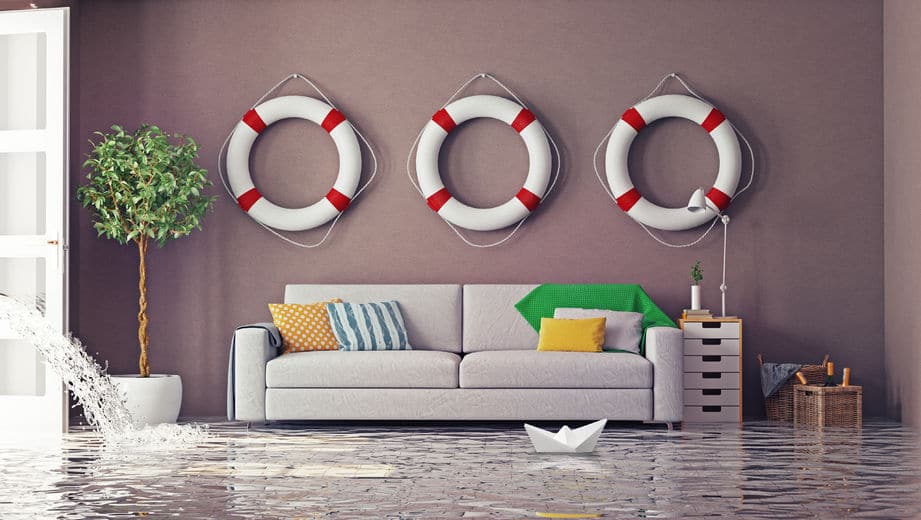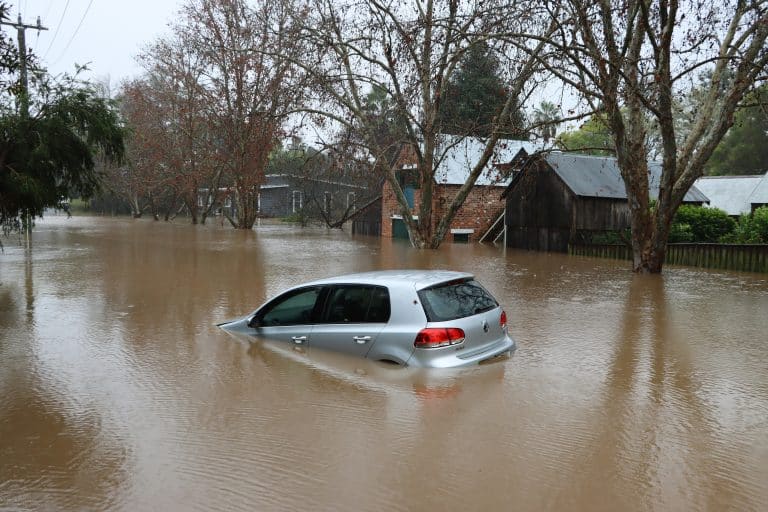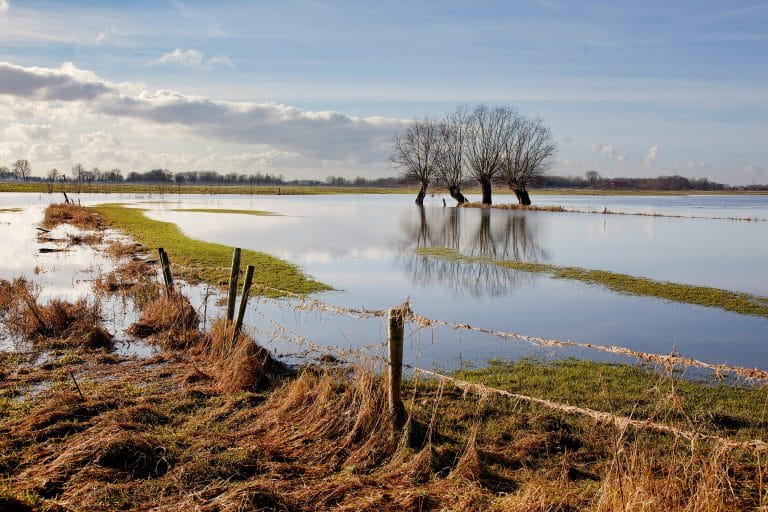Climate change and property insurance have been in the news quite a bit recently.
This is mainly due to two reasons – on the one hand, the increase in natural disasters around the globe; on the other, the risk that climate change could impact our insurance policies here in New Zealand and in Hawke’s Bay.
So what do you need to know?

1. Are you covered?
A good starting point for any discussion about insurance is to understand whether you’re covered for climate-related disasters or events. If you’re not sure, feel free to ask us. We know the ins and outs of your policy and can let you know exactly what your insurance entails, or help you find a solution that suits your needs.
2. Are you coastal?
As well as the concern around climate-related disasters, there’s a lot of interest in New Zealand about the potential for climate change to impact the insurability of properties.
In the main, this affects properties that are coastal. According to a 2015 report to the Parliamentary Commissioner for the Environment, New Zealand has 43,683 homes within 1.5m of high tide and 8806 homes within 50cm of high tide. With sea levels predicted to rise by 44-55cm by 2100, that puts a high number of New Zealand’s homes at risk.
3. How does this impact insurance?
Insurance policies exist on an annual term and are renewed each year. The current concern is that some of these properties will be assessed as not being viable for insurance, due to an increased risk of coastal erosion or flooding. If this happens, the property would not be able to be insured.
Obviously, as sea levels rise, the value of these properties will also become at risk. This could probably have a knock-on effect, with banks less willing to approve mortgages on these at-risk properties. It’s important to remember that banks protect their investment by making insurance a key requirement of any home loan.
4. What can you do?
If you already live in a coastal property, it’s worth getting in touch with us. We can help you understand your level of risk, and how that could impact your insurance over the coming years.
Also, if you’re considering purchasing a coastal property, make sure you contact your insurance provider first. It will be important to understand if there may be any current or potential future obstacles to protecting your property.




